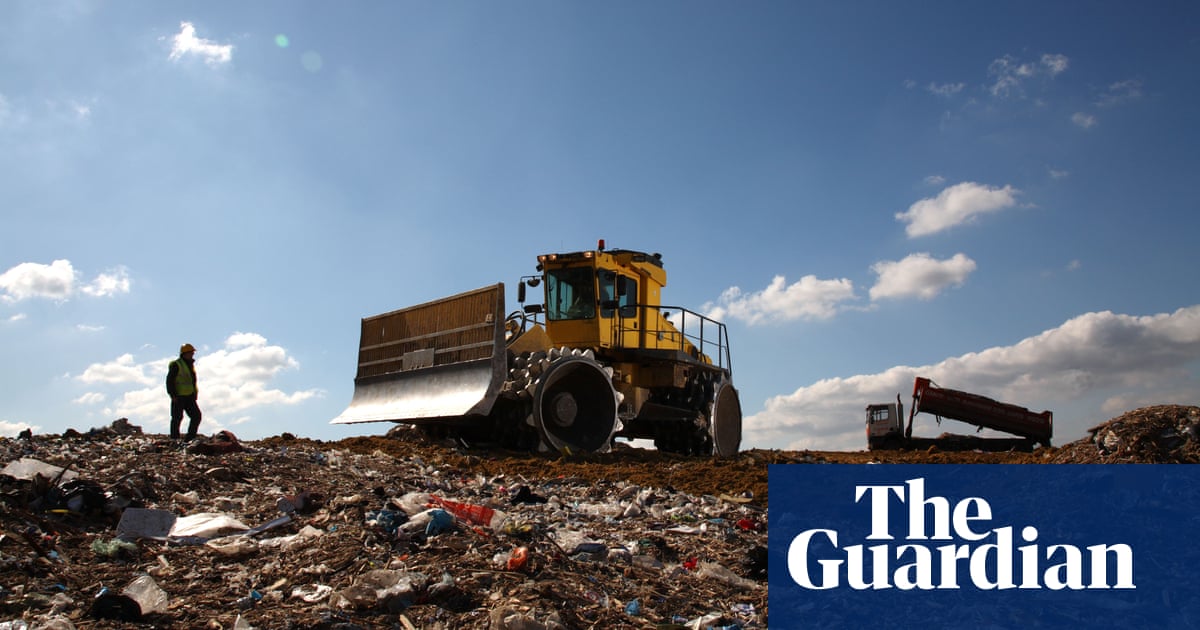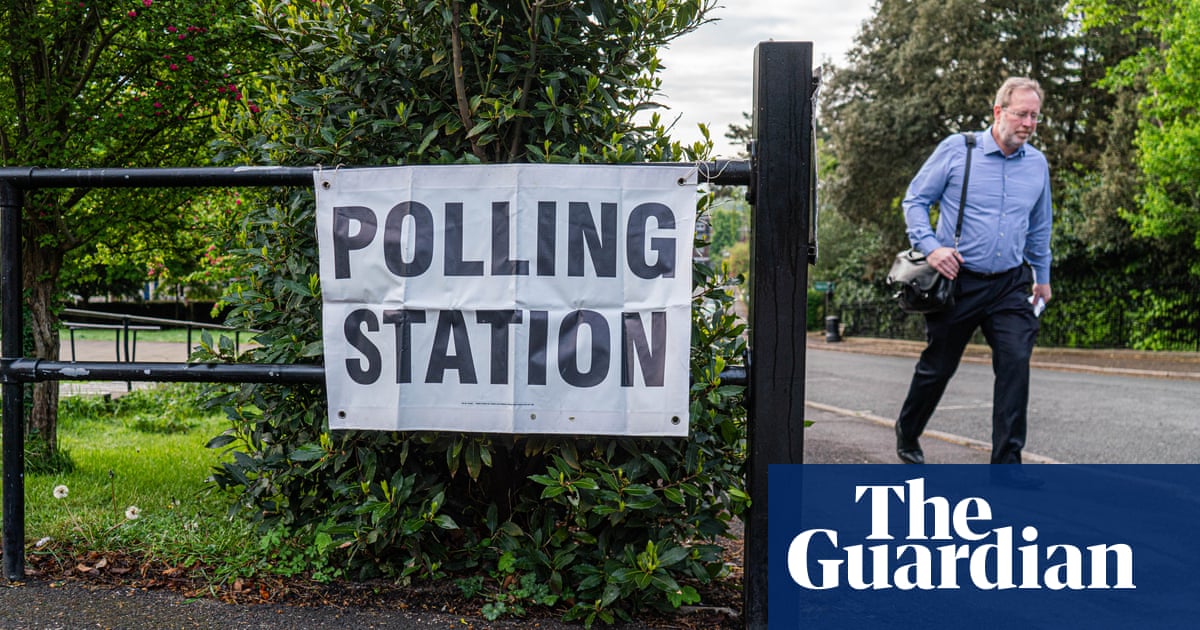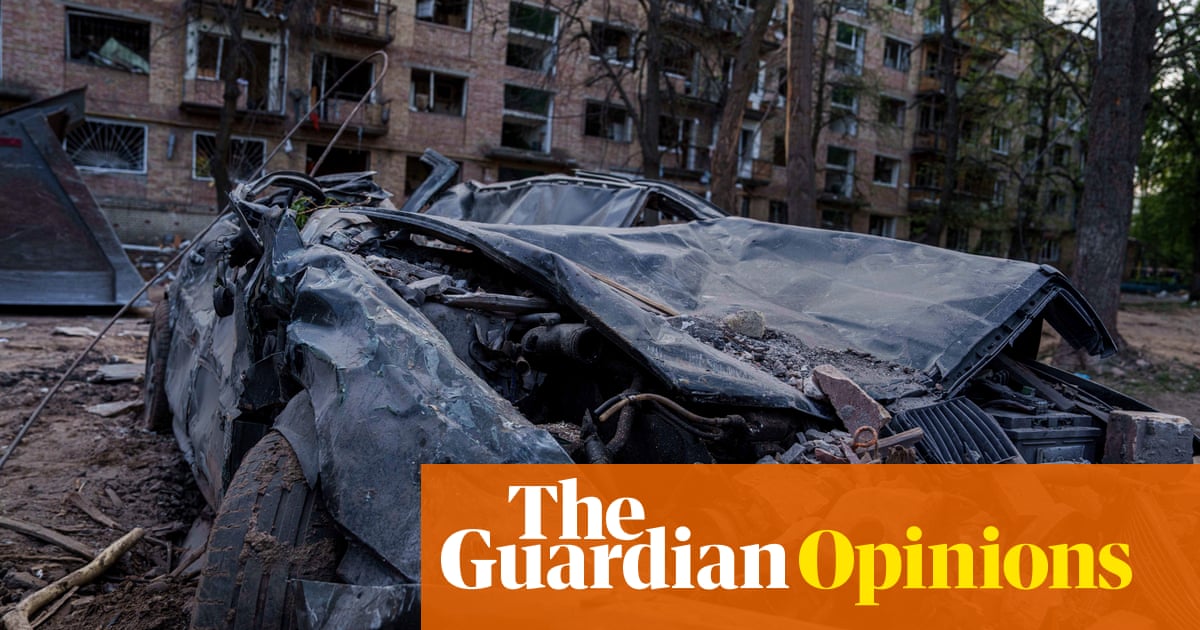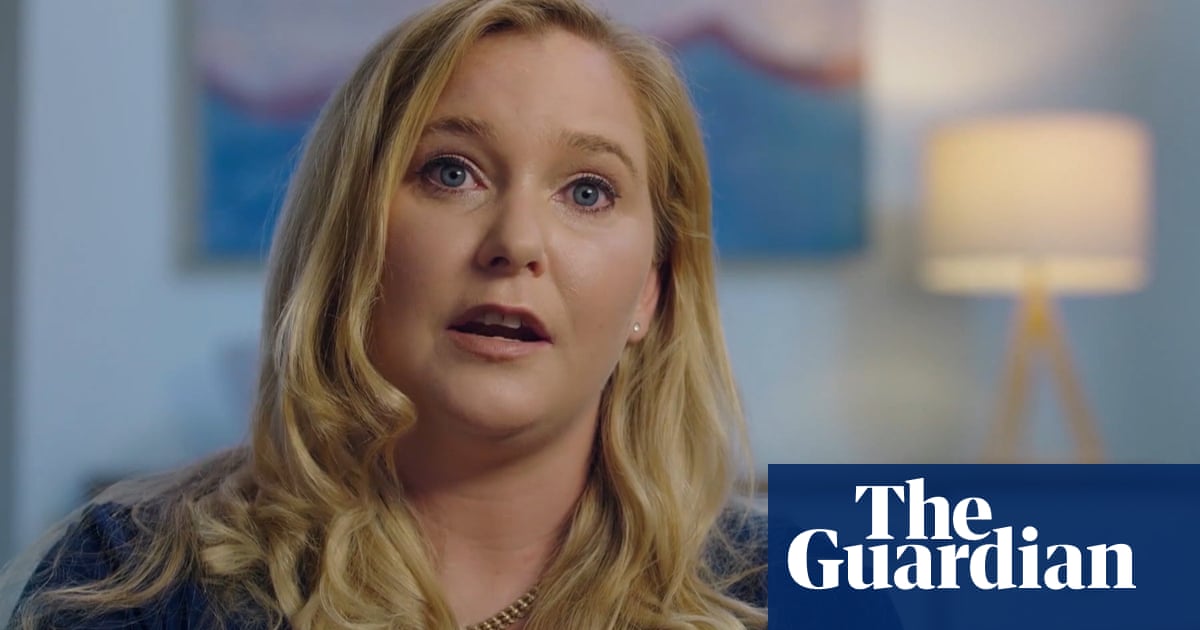Inquiries into institutional failures are a vital element in public life. These have three broad purposes, the first of which is finding out the truth. Closely linked to this is accountability, which means listening to victims as well as apportioning blame. The third is to influence policy and attitudes.
In recent days some victims of and campaigners against gang-based child sexual abuse and exploitation have argued that further investigation of this form of crime, and official failures in dealing with it, is needed. The appalling bullying of Jess Phillips by Elon Musk, and Kemi Badenoch’s cynical response, do not invalidate such arguments. While many members of the sex abuse gangs in Rochdale, Rotherham and elsewhere have been jailed, with further prosecutions in train, the impunity with which some operated remains disturbing.
But ministers are right that their priority must be responding to existing findings. The independent inquiry into child sexual abuse (IICSA), which ended in 2022, had a rocky start and, arguably, an overly broad remit. But Prof Alexis Jay, who became its chair and led an earlier review of sexual exploitation in Rotherham, is a respected expert. It is disgraceful that the Conservatives failed to implement any of her 20 final recommendations.
While the government has declined to order a new national review, Ms Phillips has stressed the importance of further local scrutiny. And this week’s pledge to establish a single dataset indicates official acceptance that there are too many gaps in existing information, including a lack of data on the characteristics of offenders that was noted in IICSA’s report. The hard right has seized upon high-profile cases involving men of mainly Pakistani heritage, although a Home Office report found most child sex abuse gangs were made up of white men under 30.
The promise of a new victims’ and survivors’ panel, to oversee change, is also important, as is the pledge to introduce mandatory reporting. This will not be easy. The previous government’s attempt failed, and the scope of any such law needs careful definition. Plans to make grooming an aggravating factor in sentencing also require detailed work. While the public is rightly disgusted by it, other forms of abuse can be just as harmful. In 2022, a third of the 107,000 child sexual offences reported to police in England and Wales took place in families.
Peter Kyle, the secretary of state for science and technology, should have demanded changes in Ofcom’s overly lenient code for tech businesses before it was launched. Now he should firm up age verification rules. The work of the all-party parliamentary group on sexual exploitation also deserves attention. In Rochdale and elsewhere, exploitation had financial as well as sexual motives. Restoring youth services must also form part of a strategy geared towards prevention. In Rotherham, youth workers played a key role in uncovering what was going on.
Child sexual exploitation gangs are a vicious real-world phenomenon, not just a virtual one. But online abuse was part of the problem in Rotherham and elsewhere and since then this problem has only grown, with children highly susceptible and one recent study referring to the “staggering scale” of this type of crime. This is another area where one of Prof Jay’s recommendations, for a public awareness campaign, could make a difference. It is not too late to correct past mistakes.
-
Do you have an opinion on the issues raised in this article? If you would like to submit a response of up to 300 words by email to be considered for publication in our letters section, please click here.

.png) 3 months ago
70
3 months ago
70













































